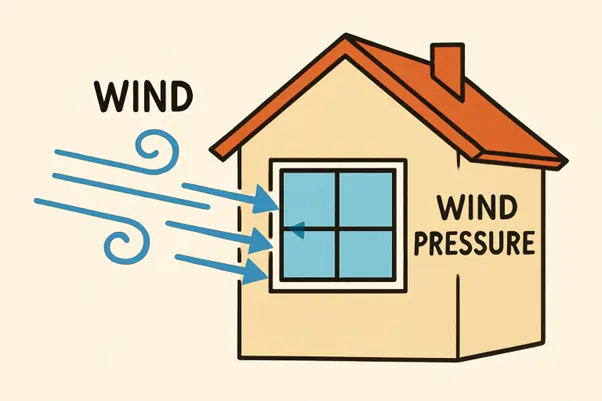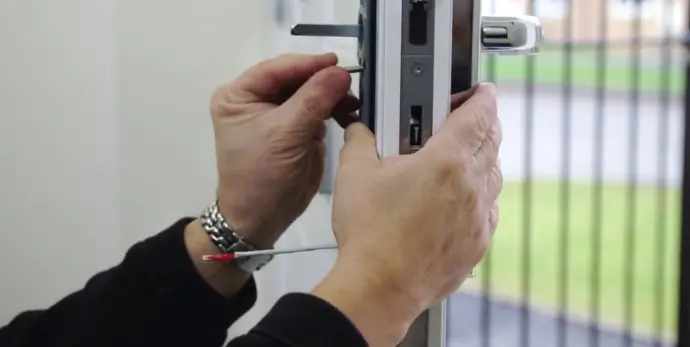How HEPA Filters Protect Your Home from Allergens
Indoor air quality has become a growing concern for homeowners, especially as allergens and pollutants continue to affect health. Dust, pollen, pet dander, and other microscopic particles can accumulate in your living space, triggering allergies, asthma, and other respiratory issues. A reliable solution to this problem is the use of High-Efficiency Particulate Air (HEPA) filters. By understanding how HEPA filters work and their benefits, you can take meaningful steps to protect your home and family.
When looking for effective air filtration solutions, selecting the right equipment is essential. A reputable hepa filter manufacturer ensures that the filters meet strict efficiency standards, capturing the smallest airborne particles. These manufacturers design filters to trap at least 99.97% of particles as small as 0.3 microns, making them highly effective against common allergens. Investing in a high-quality filter is crucial because substandard filters may allow tiny allergens to pass through, reducing their protective benefits.
Understanding HEPA Filters
HEPA filters are made of densely packed fibers that create a mesh designed to trap airborne particles. Air passes through this fibrous network, and particles are captured through three main mechanisms:
- Interception: Larger particles in the airflow collide with filter fibers and stick to them.
- Impaction: Tiny particles that cannot navigate the airflow curves in the filter collide with the fibers and are trapped.
- Diffusion: Very small particles move randomly due to Brownian motion and eventually hit a fiber, sticking to it.
These mechanisms work together to remove a wide range of particles, including dust, pollen, mold spores, pet dander, and even some bacteria and viruses. Unlike basic air filters that primarily capture visible debris, HEPA filters provide deep cleaning at the microscopic level, making them particularly effective for allergy-prone households.
Reducing Allergens in the Home
One of the most significant benefits of HEPA filters is their ability to reduce allergens in indoor air. Allergens can accumulate on furniture, carpets, bedding, and other surfaces, where they are easily disturbed and become airborne again. By circulating air through a HEPA filter, these particles are continuously removed, preventing them from triggering allergic reactions.
For example, pollen from outdoor plants can enter through open windows or doors. A HEPA filter in your HVAC system or standalone air purifier captures these particles, reducing the likelihood of sneezing, itchy eyes, and other allergy symptoms. Similarly, pet owners benefit greatly from HEPA filters, as they can trap dander that would otherwise circulate in the air.
Improving Overall Air Quality
HEPA filters do more than just remove allergens—they improve overall air quality by capturing dust, smoke, and other fine particles that can irritate the respiratory system. Cleaner air contributes to better sleep, fewer headaches, and improved concentration, particularly for individuals with respiratory sensitivities. For families with children or elderly members, maintaining high indoor air quality can have long-term health benefits.
Regular maintenance is essential to ensure a HEPA filter continues to perform optimally. Filters should be replaced according to the manufacturer’s recommendations, which typically range from every 6 to 12 months depending on usage and air quality. A clogged or old filter reduces airflow and efficiency, potentially allowing allergens to circulate freely again.
Choosing the Right HEPA Filter
Selecting the right HEPA filter depends on your specific needs and home environment. Factors to consider include the size of the room, the type of allergens present, and the filter’s compatibility with your existing HVAC system or air purifier. Consulting with a professional or relying on trusted HEPA filter manufacturers can help ensure you choose a filter that provides optimal performance.
In addition, some filters offer enhanced features such as activated carbon layers to remove odors, volatile organic compounds (VOCs), and chemical pollutants. These advanced options further improve indoor air quality and make living spaces safer and more comfortable.
Conclusion: Breathing Easier with HEPA Filters
HEPA filters are a powerful tool for anyone looking to protect their home from allergens and improve overall air quality. By capturing microscopic particles that conventional filters often miss, they reduce allergy triggers, protect respiratory health, and create a cleaner living environment. Investing in a high-quality HEPA filter and maintaining it properly ensures that your home remains a safe, allergen-free space. With the guidance of reputable HEPA filter manufacturers, you can make informed choices that maximize the benefits of air filtration and help your family breathe easier every day.
Also Read-How Tech Empowers Travelers to Explore Without Limits






